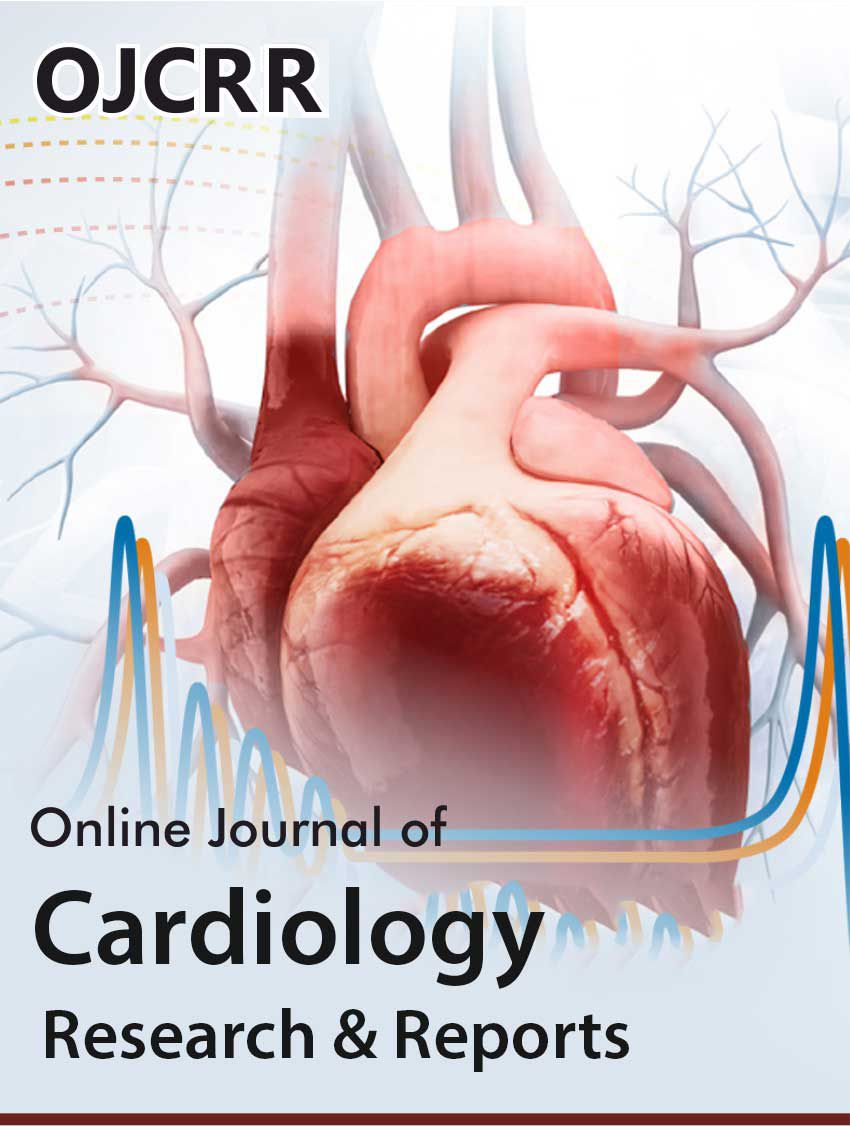 Mini Review
Mini Review
Fasting in Cardiovascular Disease
Jordan J1*, Nava E2 and Galindo MF3
1Área de Pharmacología, Faculty of Medicine of Albacete, Universidad de Castilla-La Mancha, Spain
2Área de Fisiología, Faculty of Medicine of Albacete, Universidad de Castilla-La Mancha, Spain
3Área de Farmacia y Tecnología Farmacéutica, Facultad de Farmacia, Universidad de Castilla-La Mancha, Spain
Jordan J, Área de Farmacología, Faculty of Medicine of Albacete, Universidad de Castilla-La Mancha, Albacete, Spain.
Received Date: February 01, 2023; Published Date: February 22, 2023
In recent years, a variety of diets have emerged strongly as adjuvant therapies in the treatment of cardiovascular diseases such as gluten-reduced caloric restriction, mediterranean-style diets, vegan diets, ketone diet and intermittent fasting (IF) [1-5]. The latter can be understood as a chronic or intermittent reduction in food intake, never approaching the level of malnutrition or deprivation of essential nutrients [6]. IF diets are, therefore, personalized diets both in the duration of the fasting periods (generally 16-48 h),the periods of energy-restricted intake and the periods of normal food intake [7].
-
Jordan J*, Nava E and Galindo MF. Fasting in Cardiovascular Disease. On J Cardio Res & Rep. 7(1): 2023. OJCRR.MS.ID.000654.





